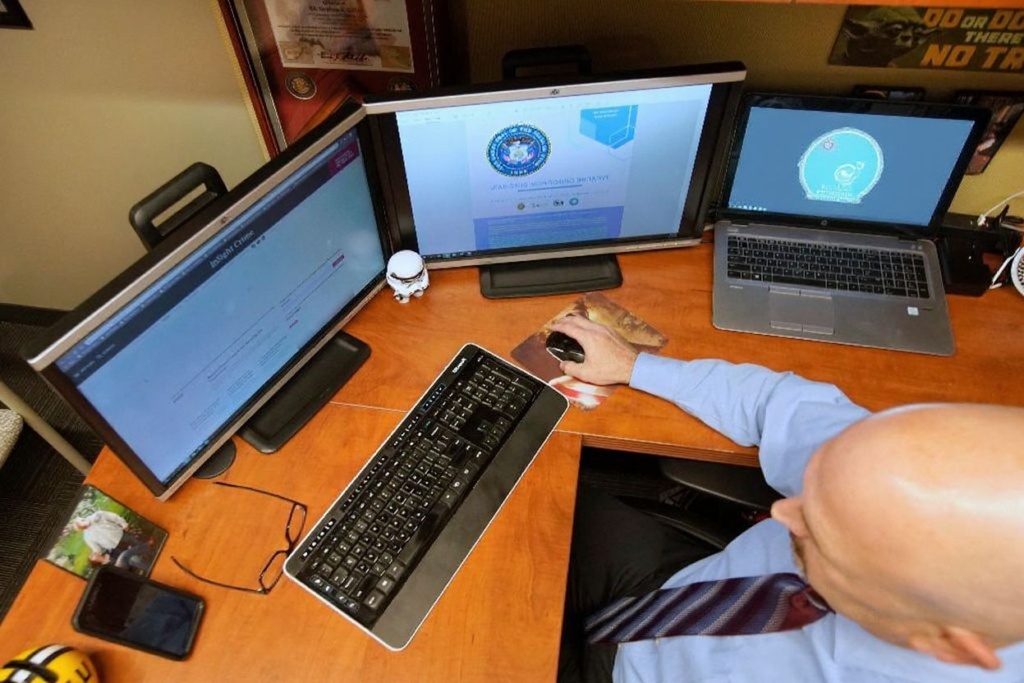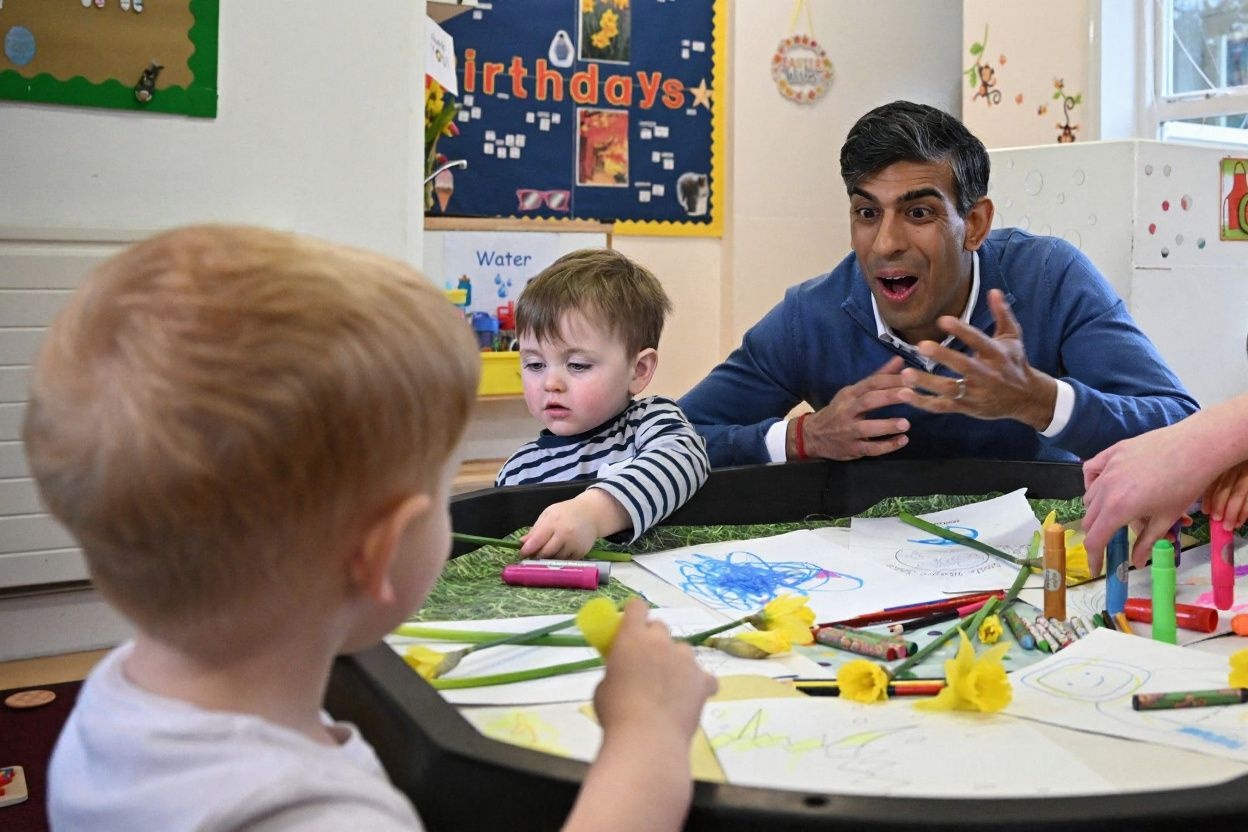
Imagine your dream job.
Can you see yourself thriving, overcoming challenges, and achieving success? Do you want to know the secret to making that vision a reality?
It all starts at university.
Sure, you’ll get the academic knowledge you need, but it’s the extras — like volunteering and resume-building workshops — that help you grow as a professional. And as you get ready for the real world, you might start thinking: hard skills vs soft skills, which is better?
A LinkedIn survey found that nine out of 10 global executives now prioritise soft skills, with communication topping the list of the most in-demand skills for 2024.
But that doesn’t mean you should neglect your hard skills. After all, without expertise in things like coding or engineering, there wouldn’t be any technological advancements that drive today’s modern world.
So, which set of skills truly holds the key to career success?
Before answering, let’s clarify what hard skills and soft skills are.
 Skills that stand the test of time — and tech.
Skills that stand the test of time — and tech.
A look into hard skills
Hard skills are technical abilities acquired through education, training, or experience. Different industries require specific technical skills, and these often serve as key qualifications for a job.
IT professionals, for instance, need coding and data analysis skills, while architects need to know how to create a drawing or plan using computer-aided design software.
In many industries, employers check whether candidates have these skills upfront, though some are willing to offer training.
These measurable abilities — like programming in Python, using Excel for data analysis, or even speaking a foreign language — are what make you stand out on a resume.
One example of hard skills in action is American rapper and frontman of the musical group Black Eyed Peas, William Adams, better known by his stage name, will.i.am.
He has always had an interest in technology and considers programming and coding one of the most creative spaces ever. Most recently, he launched FYI (Focus Your Idea), a tool that empowers creatives with AI-powered assistance and secure data sharing.
 Hard skills get you in the door, but soft skills keep you there.
Hard skills get you in the door, but soft skills keep you there.
Soft skills in a nutshell
Soft skills are non-technical, interpersonal skills that characterise how a person interacts with others. They include abilities such as communication, teamwork, problem-solving, emotional intelligence, and adaptability.
Unlike hard skills, which are specific to a particular task or job, soft skills are more about how you work and relate to others, and they play a crucial role in your academic and career success.
In recent years, employers have started to prioritise soft skills as they contribute to a positive workplace culture, encourage collaboration, and improve overall performance.
As automation and artificial intelligence continue to change the landscape of work, soft skills are becoming even more important, as they can’t be easily replicated by machines.
Take Sean Evans from Hot Ones or Amelia Dimoldenberg from Chicken Shop Date for example.
Both are famously known for their interview skills — something that falls more on the soft skills than hard skills category.
In Evan’s case, Bloomberg writes “watching a celebrity ingest hot sauce is the hook, but it’s Sean Evans’ skill as an interviewer that keeps audiences coming back.” On the other hand, Vogue praises for Dimoldenberg include, “She’s a natural at engaging in celebrity banter and her interview style is refreshingly candid — a much-needed departure from the often scripted or one-dimensional questions that many red carpet hosts ask.”
10 hard skills vs soft skills, which you should have in your resume
 There’s no talking about hard skills without talking about programming.
There’s no talking about hard skills without talking about programming.
Hard skills
1. Computer programming
Programming skills are highly sought after across a wide range of industries, from tech startups to established corporations. Learning programming languages like Python, JavaScript, Java, or C++ opens doors to high-paying jobs and diverse roles that can connect you with opportunities worldwide.
But why stop there?
Learn about software development methodologies like Agile or Scrum to demonstrate your ability to work effectively in teams and adapt to iterative development processes, or gain experience with database systems like MySQL which is vital for roles involving data manipulation and storage.
2. Data analysis
Data analytics is a hard skill that’s all about using data sets to uncover insights across marketing and finance to healthcare and technology. It involves identifying patterns, anomalies, and trends, which are crucial for informed strategic decision-making.
To get ahead in this field, knowing your way around tools like Excel, SQL, Python, R, and Tableau is essential.
These tools allow professionals to analyse and visualise data, ultimately creating clear and impactful reports and dashboards that effectively communicate key insights to stakeholders.
3. Foreign languages
Proficiency in a second language is a valuable asset in today’s interconnected world. It can land you roles in international business, especially in translation or customer support. And, if your company works with clients and consumers overseas, having someone who speaks another language is essential.
But it’s not just about language; it’s about culture.
Mastering another language not only facilitates effective communication but also encourages collaboration among individuals from varied cultural backgrounds. This diversity not only boosts productivity but also cultivates an innovative environment, leading to more effective problem-solving and creative solutions.
4. Technical writing
Technical writing involves crafting clear, concise documents that help users understand and use a product or service. Think user manuals, how-to guides, whitepapers, and even online help sections.
Your writing needs to be unambiguous and precise, and it should be tailored to different audiences, from experts to non-experts.
Technical proficiency is necessary as well. Being familiar with Content Management Systems (CMS) like WordPress is important for managing and publishing documentation efficiently.
Meanwhile, technical writers often need to work with markup languages, such as HTML, XML, or Markdown, to format their documents appropriately and ensure they are displayed correctly across various platforms.
5. Design skills
Did you know that the human brain processes visuals around 60,000 times faster than text? That is why over 56% of marketers are including more visual content in their strategies to drive engagement.
If you’re interested in building a company’s brand and crafting successful campaigns, having graphic design skills can help you pull together attention-grabbing designs by blending text, images, and more.
But to thrive in this space, you’ve got to be comfortable with the right tools. Learning the Adobe suite, including Photoshop, Illustrator, and InDesign, will give you the edge you need to produce polished, professional results.
Soft skills

As they say, teamwork makes the dream work.
1. Teamwork
Collaboration in most workplaces is necessary, where achieving key performance indicators (KPI) often requires diverse skills and perspectives.
If you have mastered strong teamwork skills, you’ll be able to work effectively with others, respect different viewpoints, share responsibilities, and build positive relationships with co-workers successfully.
A way to build teamwork skills is by building trust within the group, frequent communication, setting team goals, and supporting each other in decision-making.
2. Communication skills
Communication can come in both verbal and non-verbal, including listening skills. When interacting with co-workers or team members, if applied well, expressing your ideas, understanding their perspectives, and adapting to their message will come easily to you.
Additionally, good communication also involves providing constructive feedback and being open to receiving it.
If you need a set of directions, try looking up the 7Cs of communication — clear, concise, concrete, correct, coherent, complete, and courteous.
3. Adaptability
In a world that’s constantly changing due to technological advancements and evolving workplace dynamics, adaptability is key, something that employers are looking for in their hires.
When you embrace change, adjust your work strategies, and remain flexible when faced with uncertainty are better equipped to handle challenges and thrive under pressure.
According to a Harvard Business Review article, one way to make yourself more adaptable is by adopting a form of self-mastery called “Deliberate Calm.” This includes building on your learning agility, emotional self-regulation, and dual awareness to tackle challenges that may seem too difficult in the first place with a sense of calm and levelheadedness.
 Different jobs require different skill sets, so you can’t expect a Prime Minister to be great working with kids, though some skills are sure to come in handy.
Different jobs require different skill sets, so you can’t expect a Prime Minister to be great working with kids, though some skills are sure to come in handy.
4. Emotional intelligence
While hard skills and other soft skills may be important to thrive in workplaces, many often leave out emotional intelligence. This skill refers to the ability to recognise, understand, and manage one’s own emotions, all while emphasising with others.
“Emotional intelligence is critical in building and maintaining relationships and influencing others — key skills that help people throughout their career and wherever they sit in an organisational structure,” says Margaret Andrews, instructor of Emotional Intelligence in Leadership at Harvard University.
The four main components of emotional intelligence are self-awareness, self-regulation, social awareness, and social skills. To build on these, you need to be able to recognise your emotions and name them, ask for feedback from others, and expose yourself to different thoughts and opinions to gain a wider perspective.
5. Time management
As clique as time management skills may be, it’s one of the skills that should be practised and added to your resume. The ability to identify which tasks are to be prioritised, set deadlines, and manage one’s time effectively is essential for productivity.
Strong time management skills will help you meet your obligations while balancing multiple responsibilities, ultimately leading to more efficient work processes.
To start, try having a look at how the world’s busiest CEOs and presidents manage their time. Spoiler alert, they aren’t multitasking or saying yes to every task that gets offered to them.
You might also want to do something about that phone addiction — you’d be surprised by the number of hours you gain from just putting your phone away.










